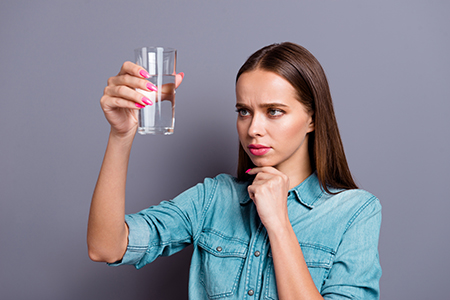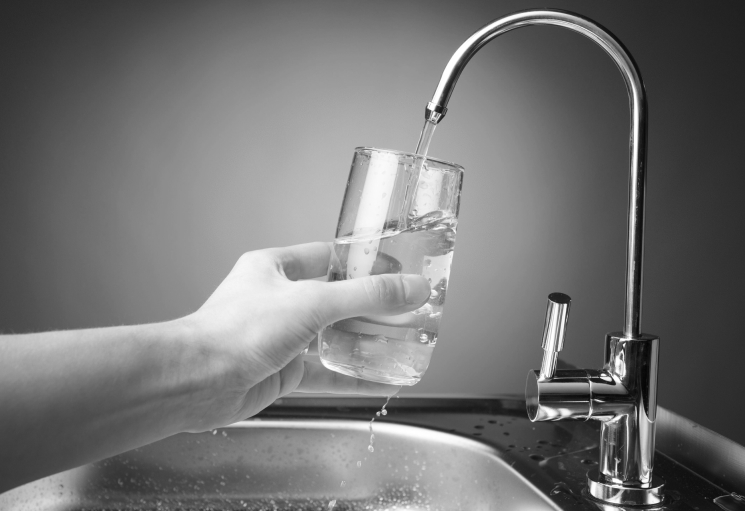
Water Conditioners seem to be the latest trend on the water treatment market, but are they all they’re cracked up to be? Depending on what you are looking for in a water treatment product, they might not be. Without the proper information, you may end up with a water treatment system that doesn’t fit your needs.
Water Conditioner vs Water Softeners – The Basics
A water conditioner, sometimes incorrectly referred to as a “salt-free water softener”, does address some of the problems associated with hard water, but they do not produce soft water. A water conditioner works to temporarily change the chemistry of hardness particles, resulting in a reduction of scale build-up in plumbing, for a certain amount of time. A water conditioner will remove additional chemicals, such as chlorine, from your water, and wastes less water than a water softener.
Conversely, a water softener removes hardness particles from your water. The result is a reduction of scale build-up on fixtures and appliances, softer skin and hair, and reduced soap and detergent use.
How Does a Water Softener Work?
A water softener uses an ion exchange process to remove hardness particles, such as calcium, magnesium, and limestone, from your water. As hard water passes through a bed of softening resin, hardness minerals are attracted to the resin and removed from the water. Over time, the resin becomes covered in these minerals and needs to be cleaned – this process is called regeneration. During regeneration, the water softener is flooded with water from the brine tank. The saltwater cleans the hardness minerals off the resin and flushes them down the drain, leaving the resin clean and ready to soften water again.
How Does a Water Conditioner Work?
A water conditioner “conditions” water by changing the chemistry of hardness particles for a certain amount of time. There are several types of water conditioners, using a variety of technologies. Here are examples of the most types of water conditioners.
- Electrically induced precipitation uses an electrical current to precipitate water hardness compounds. The hardness precipitate forms a soft sludge on an electrode that must be cleaned from time to time.
- Electrochemical water treatment uses electricity to dissolve hardness minerals and other contaminants in water.
- Template-assisted crystallization uses surface-treated resin beads to convert dissolved hardness ions into microscopic scale-resistant crystals. This type of system does not remove hardness.
- Magnetic water treatment passes hard water through a magnetic field to form microscopic crystals that will not form scale on plumbing and fixtures. There is no consensus on the effectiveness of this type of treatment.
Salt-free Water Softeners
Sometimes water conditioners are referred to as salt-free water softeners. This is an incorrect and misleading title. The truth is, there is no such thing as a salt-free water softener. Salt is an integral part of a water softener’s regeneration process and without it, a water softener would stop working effectively.
Effectiveness
Remember that water conditioners are installed to stop build-up in plumbing, not soften your water. Their effectiveness ranges greatly, depending on which technology they are built upon. It is important that consumers who are interested in water conditioners thoroughly consider what their water treatment concerns are, and investigate the product claims of the system they are considering.
Water Test
If you are considering a water treatment system, of any kind, an important first step is to have your water tested. A test performed by a water treatment expert will determine the condition of your source water and help you to determine which system is right for you. Your local Water Depot Water Treatment Experts perform free in-house or in-store water testing for water hardness, iron levels, pH level, total dissolved solids, clarity, colour, and odour.
Water Depot
Did you find the information in this article useful? Water Depot are your local water treatment experts, carrying a large selection of water treatment products. Click here to get your free water test.






